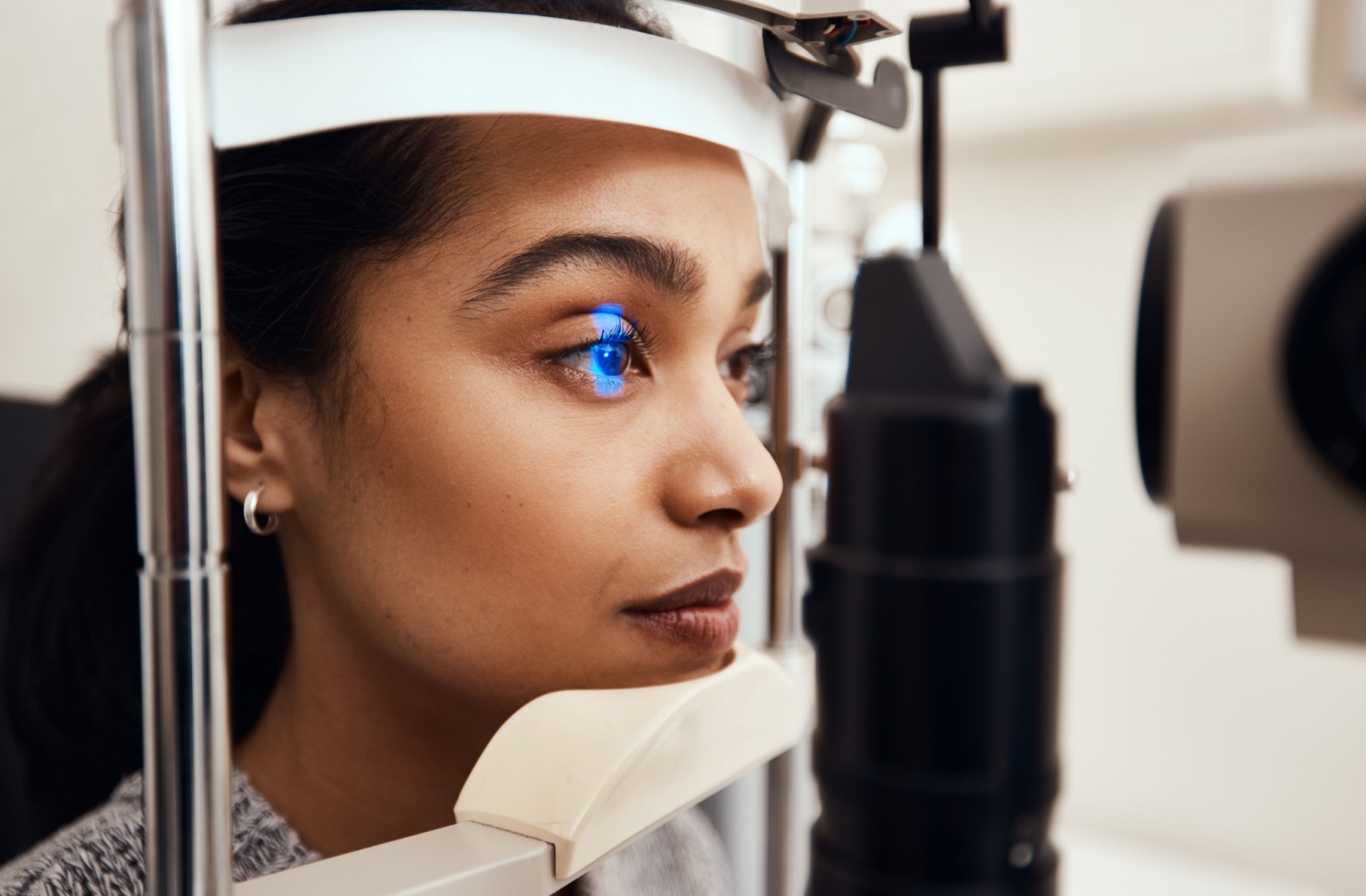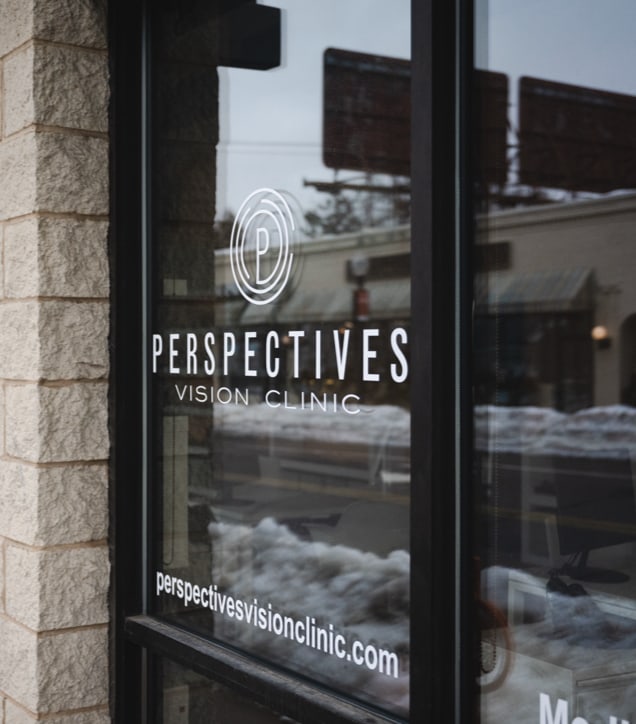Diabetic retinopathy can seem overwhelming, especially when you’re first diagnosed. You might wonder if there’s any way to reverse the condition or keep your vision intact. Unfortunately, diabetic retinopathy can’t be fully reversed, and you can’t typically recover vision loss.
But with early diagnosis, prompt treatment, and management strategies, your eye doctor can help stop it from progressing and prevent further vision loss. This highlights the importance of regular eye exams, especially if you have diabetes. Your eye doctor can monitor for signs of diabetic retinopathy and offer tailored advice.
What Is Diabetic Retinopathy?
Diabetic retinopathy is an eye disease that occurs when high blood sugar levels damage the tiny blood vessels in the retina, the part of your eye that detects light and sends messages to your brain. Over time, these damaged blood vessels can leak fluid or bleed, leading to swelling, blurred vision, or even permanent vision loss.
Diabetic retinopathy typically progresses in stages:
- Nonproliferative diabetic retinopathy (NPDR): NPDR often presents with mild symptoms, such as small leaks in the blood vessels that cause the retina to swell slightly.
- Proliferative diabetic retinopathy (PDR): PDR is an advanced stage involving the growth of abnormal blood vessels, which can lead to severe bleeding or retinal detachment.
While some people may notice symptoms like floaters, blurred vision, or dark spots in their vision, others may not experience noticeable signs until later stages. This is why regular eye exams are critical, especially for people with diabetes.
Can You Reverse Diabetic Retinopathy?
While diabetic retinopathy isn’t reversible, it’s a manageable condition when caught early. By staying proactive with your diabetes management and scheduling regular eye exams, you can significantly reduce your risk of severe vision loss. Treatment options for diabetic retinopathy typically focus on slowing its progression and preserving vision.
One of the most effective ways to manage this condition is to control your blood sugar, blood pressure, and cholesterol levels. These actions protect your overall health and also reduce strain on the tiny blood vessels in the eyes that are affected by diabetic retinopathy.
Treatments for Diabetic Retinopathy
The earlier diabetic retinopathy is detected, the better your chances of protecting your vision. Fortunately, there are effective treatment options available.
Diabetes Management
Good blood sugar control is the foundation of managing diabetic retinopathy. Keeping glucose levels within the target range reduces the risk of further damage to your retina. This control usually involves:
- Routine monitoring: Regularly checking blood sugar levels helps maintain tighter control.
- A balanced diet: Reducing your intake of high-sugar and processed foods can stabilize glucose levels.
- Physical activity: Exercise improves insulin sensitivity, helping your body regulate blood sugar more effectively.
- Medication adherence: If insulin or oral medications are prescribed, taking them as directed is essential.
Studies show that well-controlled blood sugar levels can lower the risk of diabetic retinopathy progression by up to 76%.

Medications
Medication can play a crucial role in treating more advanced stages of diabetic retinopathy. A common approach is using anti-VEGF (vascular endothelial growth factor) injections. These medications block a specific protein that causes abnormal blood vessel growth in the retina.
Anti-VEGF injections can prevent progression and, in some cases, improve vision. These treatments are usually administered as a series of injections, delivered directly into the eye by an ophthalmologist.
Laser Therapy
Your eye doctor may recommend laser therapy when retinal damage becomes more severe. This treatment involves targeted bursts of laser energy to seal leaking blood vessels or shrink abnormal new ones that have formed.
Scatter laser surgery or panretinal photocoagulation (PRP) targets larger areas of the retina to reduce the growth of abnormal blood vessels. Laser therapy is highly effective in preventing further vision loss, especially in the early stages, but it can’t reverse damage that has already occurred.
Surgery
For advanced cases where retinal detachment or significant bleeding in the eye (vitreous hemorrhage) has occurred, vitrectomy surgery may be necessary.
During a vitrectomy, the surgeon removes the gel-like substance inside your eye and replaces it with a saline solution, which allows light to pass through clearly. This procedure also removes blood or scar tissue that may obstruct vision.
While surgery can address some of the complications of diabetic retinopathy, the goal is to prevent the condition’s progression, not to restore vision that’s already lost.
Take Steps to Protect Your Vision Today
The good news is that diabetic retinopathy is more manageable than ever, thanks to medical technology and treatment advances. But the earlier the condition is caught, the more effective these treatments can be.
This is why regular diabetic eye exams are non-negotiable if you have diabetes. Your eye doctor can detect early signs of diabetic retinopathy, often before symptoms appear, thereby allowing for timely intervention.
Every case of diabetic retinopathy is unique, which is why a personalized approach to treatment is essential. Depending on the level of progression, your treatment plan may involve a combination of blood sugar management, medications, or procedures. If you’re due for an eye exam or want to learn more about protecting your vision, book an appointment with our team at Perspectives Vision Clinic. We’re here to support your eye health every step of the way.










